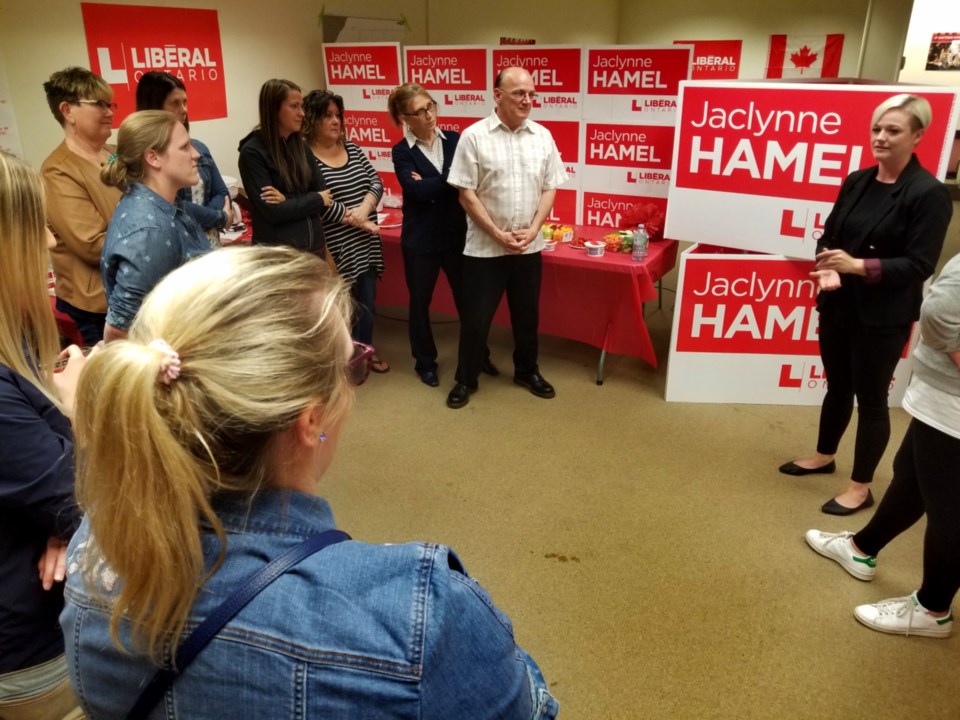We've started an occasional series looking at what our polls can tell us about the supporters of specific political parties.
This week, we're focused on what cross-referencing polls can tell us about people who say they'd vote Liberal in a federal election, and how they differ from supporters of other parties, most obviously Conservatives. Some of these differences are in traditional political matters, and others aren't.
The first, interestingly, is a relative caution in personal matters, compared to Conservatives, and in some cases New Democrats:
This then extends into a willingness to use government to advance what might be broadly called the more safe or cautious option, on a range of issues. This isn't completely consistent, as we will see.
This counts, I think, though moving to end the tobacco industry would be a radical policy change.
In this graph, I think it's reasonable to see that Conservatives are more willing to be fans of a more successful or interesting NHL team than the Leafs, and Liberals are more willing to stick loyally with their regional team, regardless of a lacklustre performance on the ice.
This continues to be one of our more surprising polls. One of the more enduring divisions in federal politics, going back at least to Wilfrid Laurier if not before, is that Conservatives have emphasized symbolism related to the monarchy and the British connection, and the Liberals by comparison have not, preferring homegrown national symbols. In a hypothetical referendum on the monarchy, however, Liberals would be more likely to vote to keep it, and Conservatives more likely to support a republic.
If we teased these different strands out a bit more, we could make a case that Liberals broadly show some characteristics that could be described as conservative, not using the word in a conventional party sense.
There are exceptions. Liberals would be more likely to vote to get rid of the separate school system, for example:
And Conservatives are more likely to oppose the extension of drug legalization to other relatively low-risk substances:
And, and this is the clearest exception, Liberals are much more open to MAiD than Conservatives. On both sides this may to a certain extent be a response to positions the respective parties have taken, but much of it is probably organic. One tricky but interesting thing about polling Conservatives is that the party's libertarian and social conservative wings both show up in the data.
Liberals are notably more environmentalist than Conservatives:
One difference between Conservatives and Liberals is that while Conservatives back higher defence spending, Liberals would be more willing to send Canadian troops to Ukraine to fight Russia directly:
And while Conservatives are more likely to be dog people, Liberals (and New Democrats and Greens) are more likely to be cat people.
